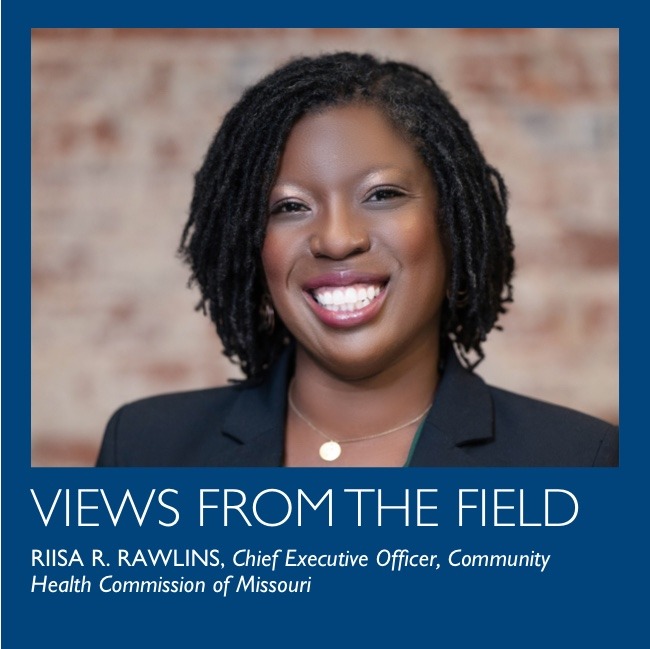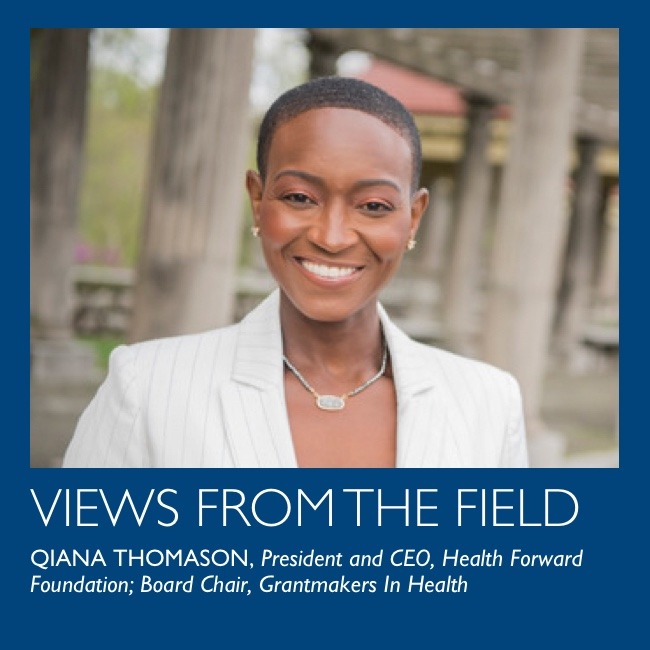Power to the People: Advancing Impact Through Participatory Budgeting
Who is best positioned to determine how health funding should be allocated? At the Community Health Commission of Missouri (CHCM), we believe the answer is clear: the people most affected by health disparities.
How Pew Is Learning to Improve Health Policy
Antibiotics revolutionized medical treatment and are a cornerstone of modern health care. However, the global rise of antibiotic-resistant bacteria is making infections costlier and deadlier. After a 2008 report commissioned by The Pew Charitable Trusts highlighted these concerns, the organization invested in multiple projects to set limits on the use of antibiotics and to spur the development of new drugs.
Grantmakers In Health Welcomes Three New Members to Board of Directors
Grantmakers In Health (GIH) is pleased to announce the elections of Kenneth Jones, Senior Vice President, Chief Operating Officer, and Chief Equity Officer at the John D. and Catherine T. MacArthur Foundation; Susan Mims, President and CEO of the Dogwood Health Trust; and Hilda Polanco, Market Managing Principal at BDO to its Board of Directors.
Medicaid Managed Care Contracts are a Powerful Tool for Change; Philanthropy has a Role to Play
As a foundation, the mission of the United Methodist Health Ministry Fund is to improve the health of all Kansans. Our success, in large measure, depends on investments we make in advancing positive policy and systems changes that affect the state and communities. So, with large numbers of the state’s most vulnerable people relying on Medicaid for health coverage and care, we focus on leveraging the opportunities this program offers to sustain improved health outcomes and make progress on health equity.
Sustainability? No, It Is about Building Durability!
Philanthropy has forever espoused the term “sustainability.” We ask in grant applications and in our conversations with grant partners: “What’s your sustainability plan?” and “How do you plan to sustain your program once the grant ends?” Thanks to the influence of Tom Klaus, formerly of Tenacious Change, my thinking has shifted and evolved over the past few years to “durability.”
Philanthropy @ Work – Transitions – December 2024
The latest on transitions from the field.








